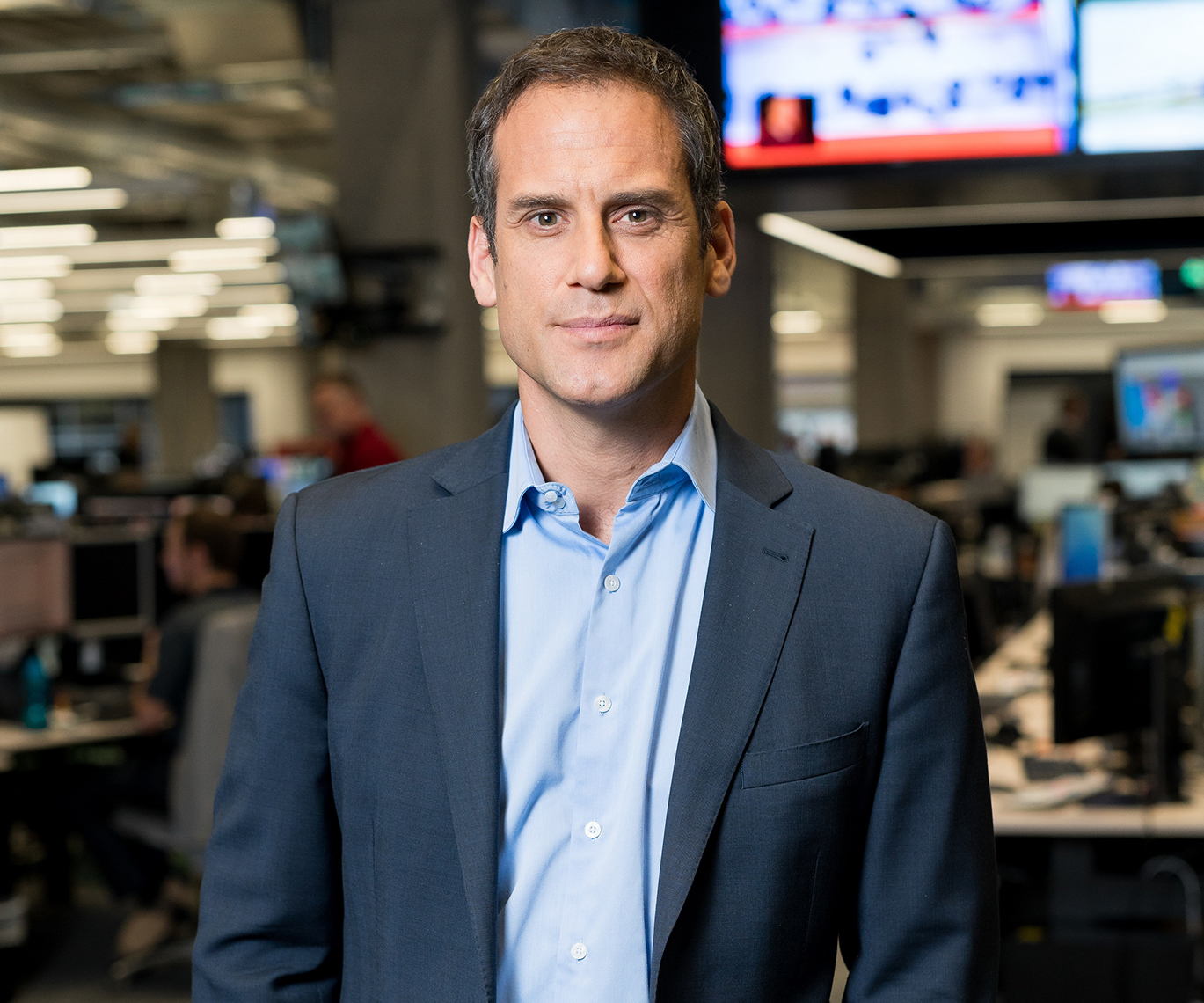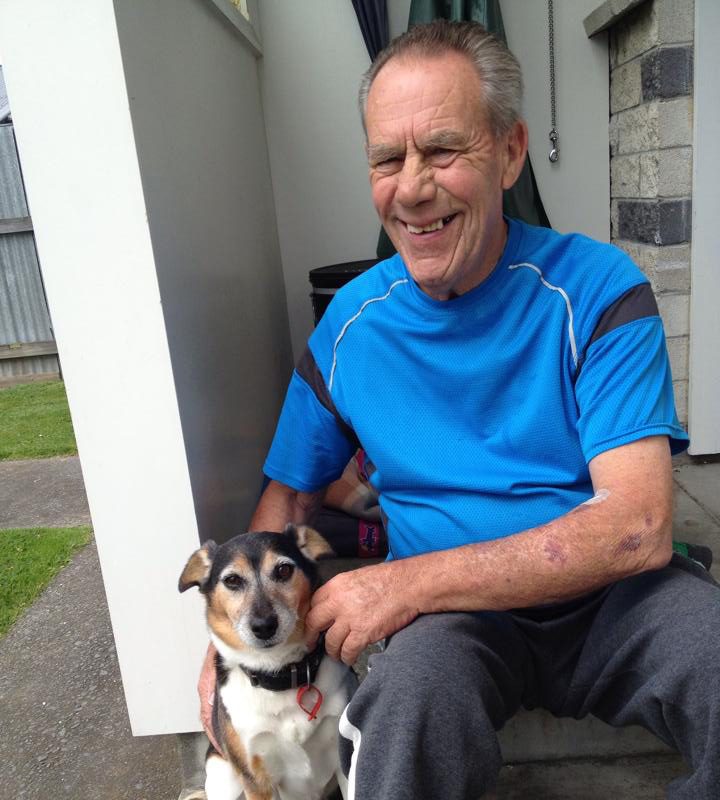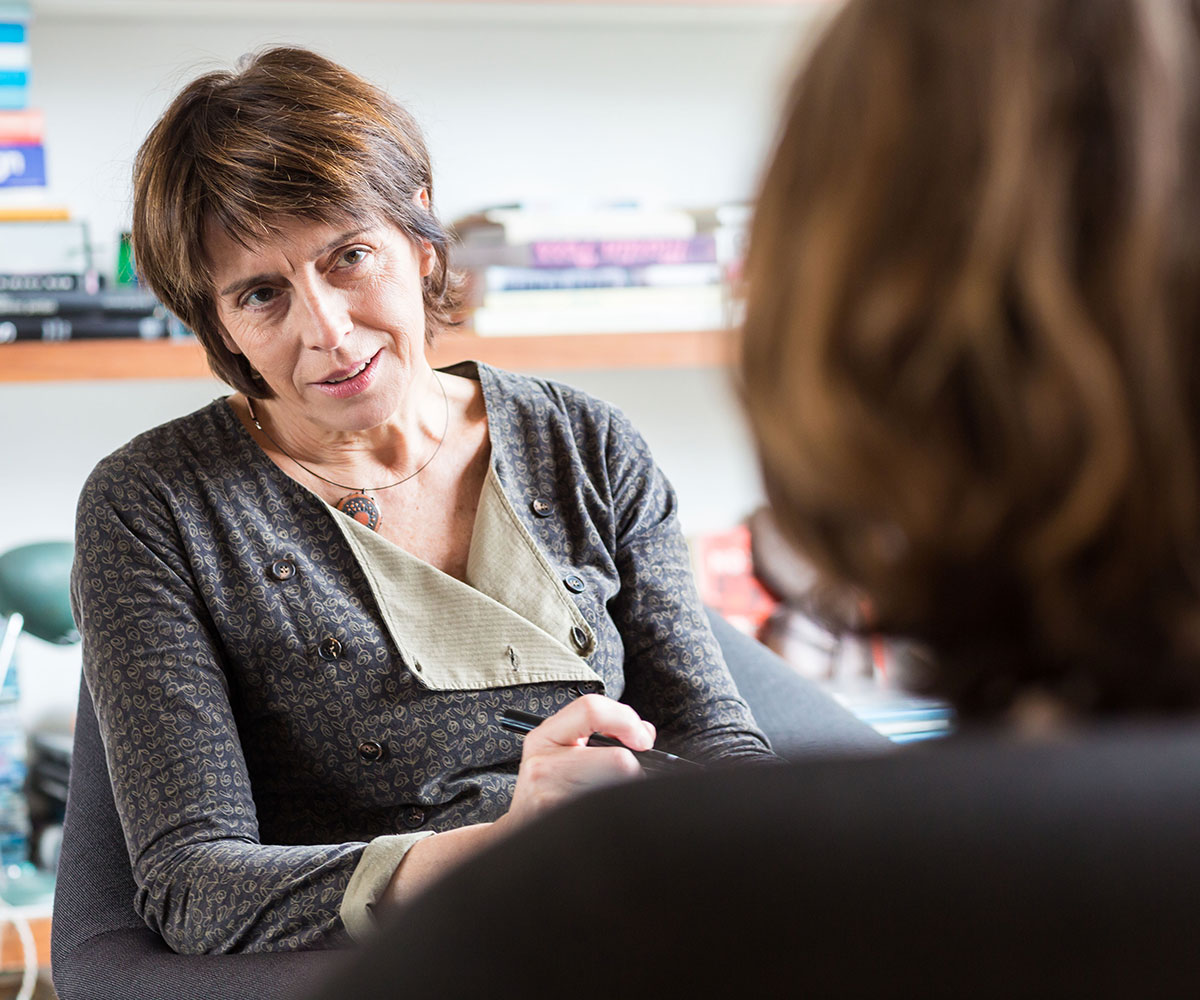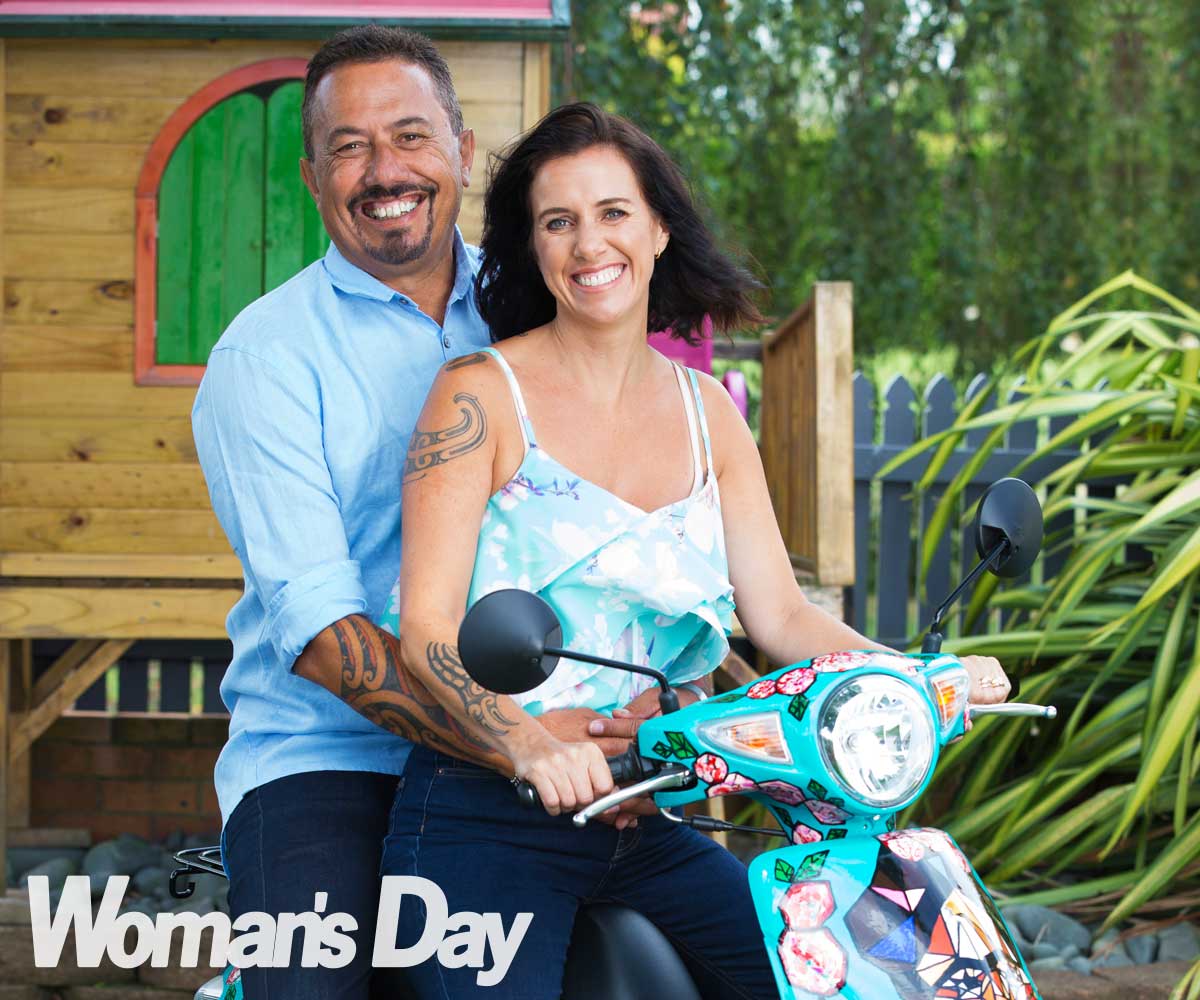I’m sure I’m not the only person who cannot stop thinking about Greg Boyed. I didn’t know him. He was not a friend or colleague. But I think we all felt a little bit like we knew him because we saw him on TV most nights. He came across as serious, intelligent and professional. But he also revealed flashes of a quiet, dry humour. I imagine he would have been a good guy to work with.
His sudden death has shocked our nation, and the increased awareness and discussions around depression that have flared up can only be a good thing. Greg Boyed is not the only man I have known to pass suddenly this month. A similar age, with a lovely family, the father of my daughter’s school friend left this earth two weeks ago.
People are asking, how can you feel that bad to not want to live? Could I have done more? Could I have said more? What if? What if? What if?
But depression is hard to understand unless you’ve experienced it or lived with someone who suffers from it. It’s not something you can “fix” with a few good talks or by practicing a bit of mindfulness or by writing a gratitude list. It’s not about being strong or weak, or being able to “snap out of it” or have some lifesaving moment of enlightenment.
It’s an ongoing medical condition – a chemical imbalance within the brain, if you will – that more often than not requires medication and quality professional care, coupled with strong family support.
I know this because I grew up with a bipolar father.
My dad died suddenly from an aneurism at the age of 77. He lived out his life but I remember times growing up when he threatened suicide, with my mum standing there yelling at him saying ‘don’t be bloody ridiculous’.
Dad was the most gentle, loving man who took his responsibilities as a father seriously and always put his wife and children first. But his mental illness made him difficult to handle at times, and could dominate family life.
“Just don’t argue with him,” I remember my mum saying to us as kids. Triggers like stress at work or money worries would send him into a “high” where he’d get aggressive (not physically), argumentative and easily irritated. He would talk a lot of BS, to be honest, fantastical talk, likening himself to world heroes and telling us long stories about his escapades in life. Mum taught us to just go along with what he said, even when we knew it to not be ‘correct’ or true.

TVNZ presenter Greg Boyed died suddenly while on holiday with his family in Switzerland.
During his highs he was prone to falling out with people at work or having arguments with people in customer service roles and there would be little fires that Mum would need to put out. He could also spend up large so Mum was in charge of the finances.
If we “caught” him when he was high we could stop him from falling into a “low” where the depression was so debilitating he could not even function. By catching him we would take him back to see his mental health workers, and sometimes that led to him spending a stint of time at the mental health unit. We would monitor him alongside his healthcare professionals and make sure he was taking his medication every day, getting enough sleep, eating properly and exercising. These lifestyle factors helped tremendously but they complemented the medication. The medication was absolutely key in keeping him on an even keel.
It was also important to keep stress at bay so Mum took care of a lot of stuff. Dad’s life was filled with structure and routine, and his job was fairly low pressure.
The thing with life, though, is it does throw you curve balls. Despite all the measures we took to protect Dad, and the responsibility he took to care for himself, he still had to cope with some devastating blows.
In 1986, when my mum was only 43 and my brother and I were in our early teens, Mum was killed in a car accident.
There were many days that followed where Dad would just sit at the kitchen table with his head in his hands.
Someone told me, ‘Your dad procrastinates too much’ but he wasn’t procrastinating. He was depressed and looking back, I don’t know how he survived losing Mum. Maybe it was not wanting to leave my brother and I with no parents. Whatever it was, I am immensely proud of and grateful to my Dad for not leaving us too.

My lovely dad.
There was more to come, though. A couple of years later Dad was made redundant and then when I was 19 my student flat was broken into and I was raped. When the police came the first thing I said was ‘send a social worker to my dad’. He would need some support until I could get to him.
Dad never remarried and lived alone until his death in 2014. It was difficult at times helping him manage his condition, because my brother and I both moved out of the area we grew up in. But Dad was really responsible with taking his medication and we had regular contact with phone calls and I would have him stay with me and my family as often as I could. Giving him grandchildren seemed to give him a whole new lease on life.
I knew my dad well because it was me that took over looking after him after Mum died. I could tell by a couple of minutes of talking to him on the phone if Dad was getting “high” again.
I could say, “Dad, are you sleeping alright? Has something been keeping you up at night?” And he’d say, “I’m alright love. But I suppose I have been up a bit lately.”
Bless him, Dad would always listen to me. We’d run through what he needed to do – go take a nap, make sure he had something to eat, had he taken his pills today? I’ll ring you again later today. Small steps, one day at a time.
There were only a couple of times in all the years after Mum died when Dad got really bad. I think it was money worries that triggered him both times.
That’s when he could create mayhem. He once bought a taxi – just like that – and upset an entire gang chapter by asking too many questions about the taxi company – they had shares in it or something. My brother had to sort that one out and after that, took over Dad’s finances.
These highs would be followed by lows where I literally had to drop everything and go straight to him. He would ring me and say, “Love, I’m so sorry, but I can’t stop crying.”
The second time I took him to his mental health unit to get his medication reassessed and we discovered he’d been on a highly addictive medication for almost all of his life that should have only ever been a temporary medication until he was put on something more suitable. We changed his meds and once we’d got him on the right dosage he seemed almost a different man. He was brighter and more alert, and we found it easier to keep him on an even keel.

The new Labour government has made mental health one of its priorities and I’m so glad because in my experience it has been under-resourced and undervalued. The services, to be blunt, have not been what they could be but with a lack of resources what more could they do?
When Dad was first diagnosed with manic depression (as it was more commonly called back then) as an 18-year-old he was given electric shock treatment. Imagine. It seems so barbaric (yet is apparently still given in gentler circumstances, when medication doesn’t work). Treatment has come a long way and so have approaches to care and recognising the importance of supporting families too.
The stigma of depression has also lifted a little in recent years thanks to the good work of people like Mike King and John Kirwan and the Mental Health Foundation.
But I still see a fundamental lack of understanding about mental health in New Zealand, in the way people talk about it in the media, in the workplace around the water cooler, and in private homes.
Calls are being made in the media for people who think they might be suffering from depression to reach out. But maybe it’s up to us to listen better and recognise depression for what it is – a medical condition for which its treatment needs to be taken more seriously.
Where to get help
If you or someone you know is struggling with depression, call 0800 111 757 or text 4202 to talk to a trained Depression Helpline counsellor for free. For other mental health issues, call Lifeline on 0800 543 354, the Suicide Crisis Helpline on 0508 TAUTOKO or Youthline on 0800 376 633.

